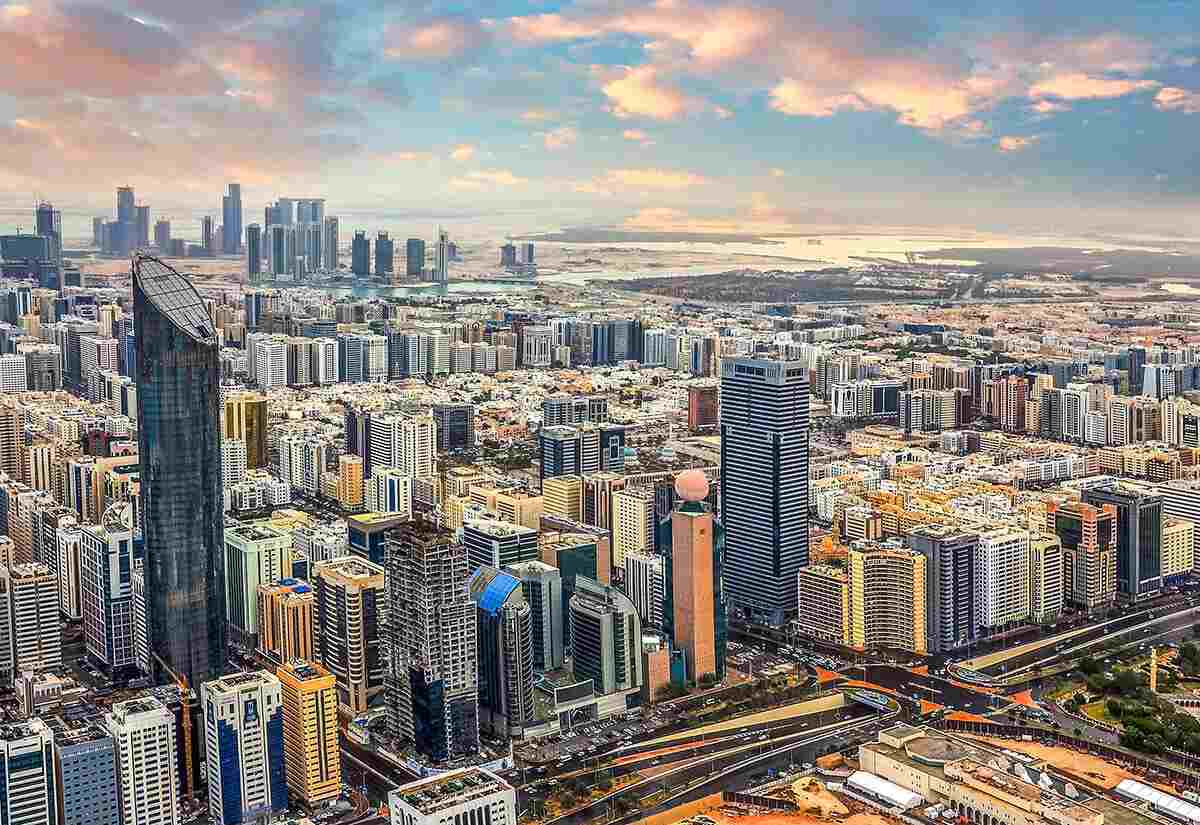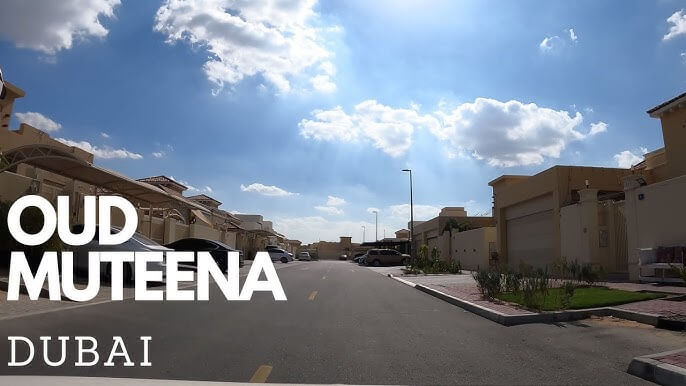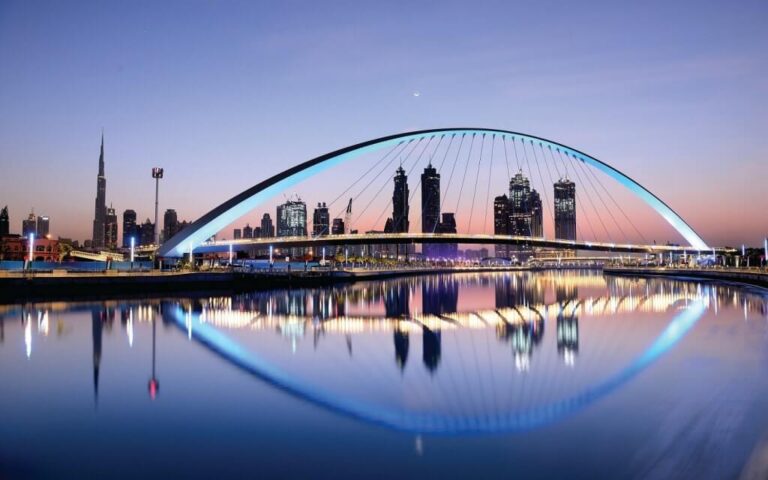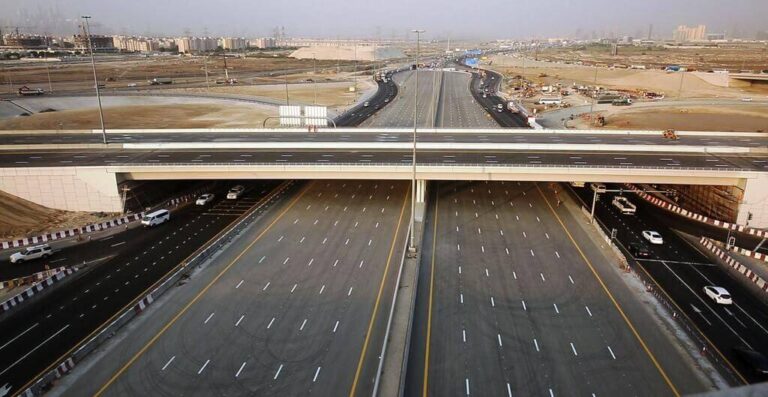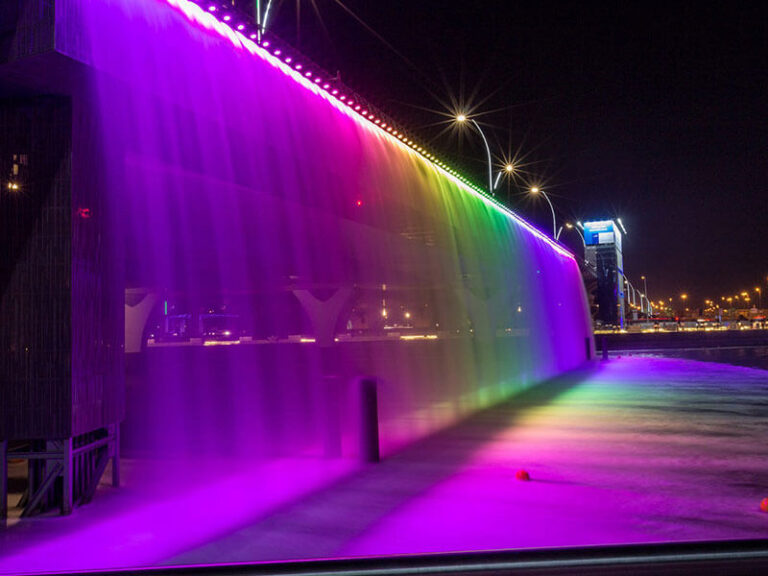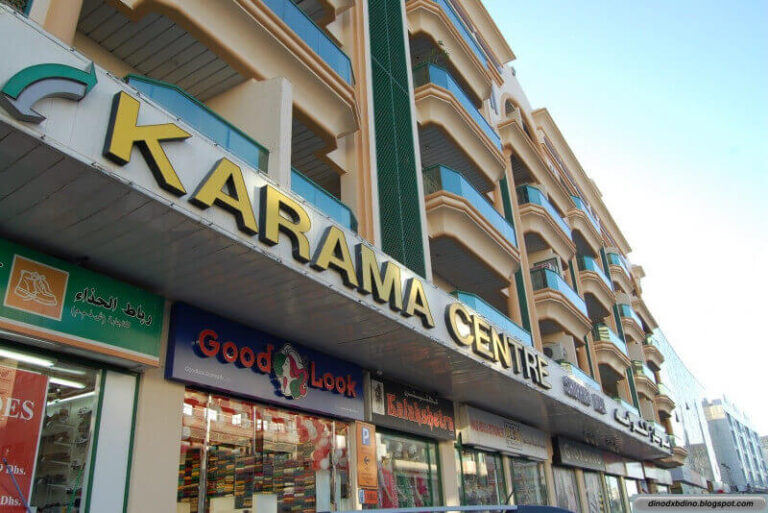Al Ain, UAE – The Garden City of Heritage and Growth
Tucked between the desert dunes and the rocky outcrops of Jebel Hafeet, Al Ain—often referred to as the Garden City of the UAE—is a living harmony of natural beauty, ancient history, and modern progress. Situated in the Eastern Region of the Abu Dhabi Emirate, this inland city shares its eastern border with Oman and stands as a vital cultural and agricultural hub in the region.
Al Ain offers more than just a scenic retreat—it’s a city where prehistoric archaeology, lush palm oases, and modern urban development coexist. From its UNESCO World Heritage Sites to bustling souks and academic institutions, Al Ain embodies the intersection of tradition and transformation.
A City Rooted in Heritage
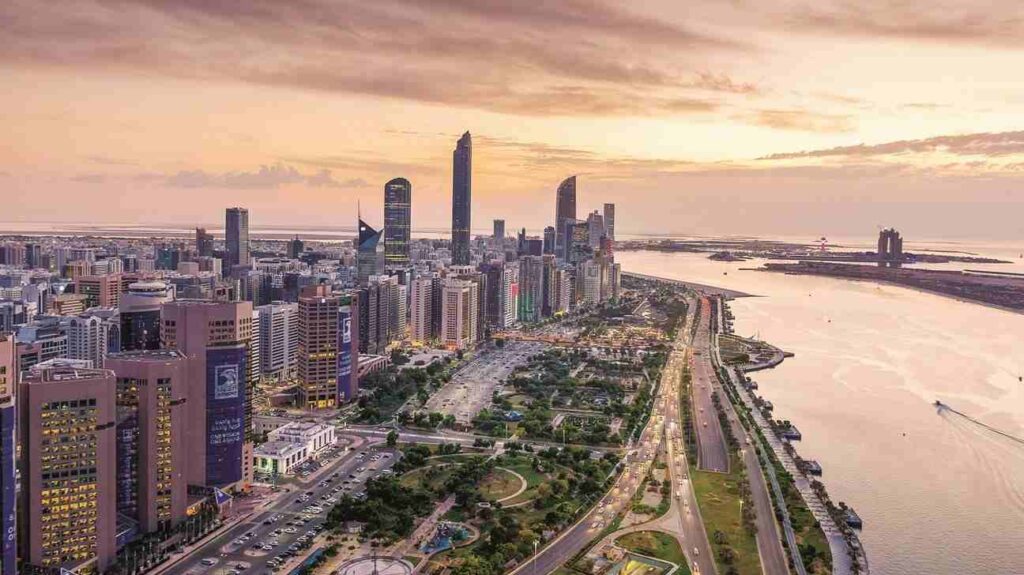
Long before skyscrapers dotted the UAE skyline, Al Ain thrived as an ancient settlement. The area has been continuously inhabited for over 4,000 years, evident from the archaeological remnants at Hili, Al Rumailah, and Jebel Hafeet. Tombs dating back to 2700 BCE, carved with stone figures of animals and humans, stand as solemn sentinels of the city’s Bronze Age legacy.
One of the oldest structures still standing is the Eastern Fort, constructed by Sheikh Sultan bin Zayed Al Nahyan in 1910. These historical forts served not just as military outposts but as strategic symbols of the Al Nahyan dynasty and their political consolidation.
In 2011, Al Ain became the first site in the UAE to be inscribed on the UNESCO World Heritage List, a testament to its unparalleled cultural and historical value.
Strategic Location & Geography
Al Ain forms a geographical triangle with Abu Dhabi and Dubai, being approximately 160 km from Abu Dhabi and 120 km from Dubai. Spanning over 15,000 km², the city features a rare blend of desert plains, fertile valleys, and mountainous terrains.
At its southern edge, Jebel Hafeet rises 1,249 meters into the sky, providing not only stunning vistas but also geological and archaeological significance. To the north and east, red sand dunes—infused with iron oxide—create a vivid contrast to the city’s greenery.
Thanks to its extensive natural springs and historic Aflaj irrigation systems, Al Ain has been able to sustain its title as the green heart of the UAE.
Agriculture: The City’s Organic Backbone
Unlike the commercial gloss of Dubai and Abu Dhabi, Al Ain’s agricultural identity remains its soul. With deep roots in fodder production, market gardening, and poultry farming, the city continues to lead in sustainable food production.
A government experimental farm established in 1967 accelerated innovations in intensive livestock raising, further diversifying the emirate’s food security initiatives. Many of these agricultural services also support local farmers and SMEs, reinforcing Al Ain’s position as a self-reliant economic pillar.
A Modern Hub for Education, Industry, and Connectivity
The city’s urban ecosystem has steadily evolved since the establishment of United Arab Emirates University in 1976. Al Ain is now home to:
- A cement factory
- Electric cable and wire plants
- Ceramic and glass industries
- A flour mill and brickworks
These industries provide not only employment but contribute to Al Ain’s rising GDP, which hit USD 38 billion in 2023, with a per capita income of USD 58,900. As of 2025, the metro population is estimated at 666,000, a steady growth fueled by both nationals and expatriates.
Al Ain is also seamlessly connected to major UAE cities via a modern road network and has its own international airport, offering efficient access to domestic and regional destinations.
Cultural Gems and Green Getaways
Unlike its metropolitan counterparts, Al Ain enforces building height restrictions (generally capped at seven floors) to preserve its identity. This allows its many public parks, gardens, and heritage attractions to dominate the skyline.
Top attractions include:
- Al Ain Oasis – a serene, 1,200-hectare date palm plantation and UNESCO site
- Al Jahili Fort – one of the UAE’s most iconic architectural sites
- Al Ain National Museum – showcasing artifacts from ancient times to modernity
- Jebel Hafeet Desert Park – perfect for hiking, camping, and exploring ancient tombs
For travelers looking to explore Al Ain, we offer private chauffeur services, city tours, and custom itineraries designed for families, solo travelers, or cultural enthusiasts.
Climate: Hot, Dry, But Bearable
Al Ain experiences a hot desert climate (BWh) but has lower humidity than coastal cities, making its summers more tolerable. The warm winters make it a favorite among tourists looking for a mild retreat. The climate supports outdoor festivals, agriculture, and eco-tourism throughout most of the year.
Why Choose Al Ain?
Al Ain isn’t just a place to visit—it’s a lifestyle choice. Whether you’re moving for work, settling with family, or simply exploring its timeless wonders, Al Ain promises:
- A rich cultural experience
- Green public spaces and family parks
- Lower cost of living compared to Dubai or Abu Dhabi
- A strong sense of Emirati tradition blended with modern comforts
Need a ride to Al Ain or help planning your trip? We provide premium private transfers from Dubai to Al Ain, ensuring a safe and scenic journey through the desert heartland.
FAQs
Is Al Ain a city or a town?
Al Ain is officially a city and is the fourth-largest in the UAE by population.
Is Al Ain closer to Dubai or Abu Dhabi?
Al Ain is slightly closer to Dubai (~120 km) than Abu Dhabi (~160 km).
Is Al Ain a good place to live?
Yes, with its green spaces, historical value, and lower cost of living, Al Ain is popular among families and professionals.
Does Abu Dhabi own Al Ain?
Yes, Al Ain is administratively part of the Abu Dhabi Emirate.
Is alcohol legal in Al Ain?
Alcohol is available in licensed venues, such as certain hotels and clubs, but is regulated.
Is Al Ain worth visiting?
Absolutely. Its natural beauty, cultural heritage, and authentic Emirati lifestyle make it a unique destination.
Why is Al Ain Dubai closed?
If this refers to specific routes or services, temporary closures may be due to maintenance or COVID-era restrictions. Always check current service updates.
Is Al Ain better than Abu Dhabi?
It depends on preference—Al Ain offers a more laid-back, green, and historically rich environment.
What language do they speak in Al Ain Abu Dhabi?
The official language is Arabic, but English is widely spoken in businesses, schools, and tourist services.
- Gymnastics Training Programs in Dubai - February 26, 2026
- Mina Rashid Screening Center, Dubai Guide, UAE - February 23, 2026
- Al Sabkha Deira Dubai Area Guide, UAE - February 21, 2026

